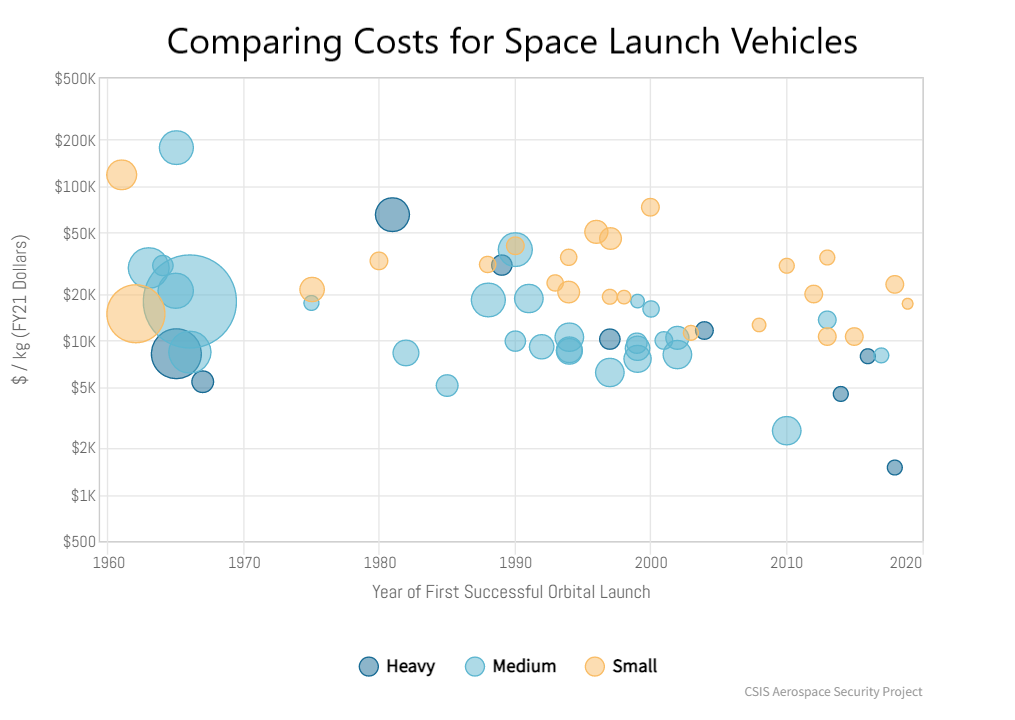This was the year when electric vehicles (or EVs) began to take hold firmly. And 2023 is shaping up to be when electric trucks enter the conversation. If you’re an investor with an appetite for risk and the time horizon to match, now is the time to think about the top EV truck stocks to buy.
There are still several obstacles to overcome. As the September PPI and CPI reports showed, inflation will remain high for some time. This means the Federal Reserve will likely continue its aggressive interest rate hike program.
That will make it challenging for consumers to finance a new car – even with the rebates offered on EV purchases. It’s also problematic for any EV maker that will have to make capital expenditures as the cost of capital increases.
But the EV movement is going to be led by the early adopters. For many of these individuals, the cost of an EV shouldn’t be an option. And that means while mass adoption remains several years away, there should be an opportunity for investors to profit from EV truck stocks in 2023. Here are seven stocks that may be among that group.
| GM | General Motors | $32.89 |
| F | Ford Motor | $11.67 |
| TM | Toyota Motors | $134.11 |
| TSLA | Tesla | $204.99 |
| RIVN | Rivian | $28.71 |
| GOEV | Canoo | $1.29 |
| REVG | Rev Group | $12.03 |
General Motors (GM)

Leading off this list of EV truck stocks that are getting charged up for 2023 is General Motors (NYSE:GM). The company is already on its way to moving to a fully electrified fleet with its Chevrolet Bolt EV and electric SUV. In its most recent quarter, GM announced it sold 14,709 of the vehicles. That should support the company’s plans to produce up to 70,000 vehicles in 2023.
And General Motors plans to launch an electric version of its iconic Chevy Silverado sometime in 2023. The Silverado will be built on GM’s Ultium platform and can charge up to 100 miles in 10 minutes by using DC Public Charging. The vehicle already has over 110,000 reservations which include over 240 fleet owners.
The launch of the Silverado will be critical to helping GM stock which has fallen 44% so far in 2022.
Ford Motor (F)

Like many automakers, Ford Motor (NYSE:F) has been plagued by supply chain difficulties stemming from the Covid-19 pandemic. That’s reflected in the company’s stock price, which is down 43% in 2022.
But Ford continues to make a big bet on electric vehicles. In fact, the company has said it will invest $50 billion in EVs through 2026. In the same year, Ford is also expecting to build two million EVs. To help meet its goals, Ford is building a $5.6 billion EV manufacturing complex in Tennessee. It’s also building two battery factories in neighboring Kentucky.
While Ford has several EVs in production, it is banking on the launch of its Ford F-150 Lightning. And in 2023, the company is launching an electrified Ford Ranger. The truck had nearly 200,000 reservations to start turning those fortunes.
Toyota Motors (TM)

Not long ago, Toyota Motors (NYSE:TM) made lukewarm statements about the role of battery-powered EVs in tackling carbon neutrality. The company still believes that hybrid vehicles may be the way to go. And you can’t blame them. The company’s hybrid Prius model has achieved iconic status and remains one of the company’s most popular offerings.
But this is one of those times to pay more attention to what a company says than it does. Or, put another way, follow the money.
Toyota plans to invest approximately $35 billion into its EV production. The company forecasts global sales of 3.5 million EVs by the end of 2030. And part of that strategy includes next year’s launch of the Tacoma EV.
Tesla (TSLA)

In recent months, I’ll admit to not paying much attention to Tesla (NASDAQ:TSLA). And that’s because the stock’s been volatile for reasons that have nothing to do with how many EVs the company delivers in a quarter.
Those issues still exist. I don’t know what will happen to the stock price as Elon Musk is raising capital to buy Twitter (NYSE:TWTR). And that distraction makes forecasting TSLA stock performance about as tricky as it used to be to determine the company’s production numbers.
But Tesla has now made believers out of many of its most ardent detractors. The company has increased its overall year-over-year EV production by 25% while its global deliveries rose by 27%.
And so even though the company’s futuristic Cybertruck hasn’t launched yet, there’s less doubt that it will. Tesla plans to launch the Cybertruck in the middle of 2023. That may be another example of the kind of innovation Cathie Wood believes makes Tesla a solution to our country’s economic troubles.
Rivian (RIVN)

The analyst community likes Rivian (NASDAQ:RIVN) more than I do. But we can both agree that there’s plenty of potential with RIVN stock. And since the company already has models in production, part of that potential is a first-mover advantage.
My primary issue is that the company’s two EV trucks are priced at $73,000 and $78,000. I wrote in the intro that many of the consumers for these vehicles would be the early adopters for whom that price tag may not be an obstacle. However, with only 5% of all vehicles falling into the EV category, relying on these customers could become more demanding as more (and less expensive) competitors enter the field.
The bullish argument is that the company has two partnerships in place. The company currently manufactures 100,000 EV delivery vans for Amazon (NASDAQ:AMZN). It also has a signed memorandum of understanding with Mercedes-Benz that would expand the company’s footprint into Europe.
That said, the company is trading for nearly 50% below its consensus price target. If the analysts are right, now is a good time to pick up some RIVN stock.
Canoo (GOEV)

Canoo (NASDAQ:GOEV) came to market via a special purpose acquisition company (or SPAC). And GOEV stock was part of the EV bubble in early 2021. The air has long gone out of that bubble, and GOEV is now trading in penny stock territory.
But a bullish case for the stock remains, and that’s why I’ve included the stock in this list of EV truck stocks that are worth consideration for 2023. The company has a unique, proprietary platform that allows modular vehicle designs, including a pickup truck and last-mile delivery vehicle of a single chassis, with lower production costs.
More importantly for investors, the company has signed two binding agreements with Walmart (NYSE:WMT) and Zeeba. This will get revenue in the door, which is important because cash burn is still one of the major concerns about the company’s viability.
REV Group (REVG)

Rounding out this list of EV truck stocks is REV Group (NYSE:REVG). I’ll admit that I was unfamiliar with the company before researching this article. I’ve become familiar with and am somewhat intrigued by the opportunity that the company offers.
REV Group operates in a part of the EV sector that is largely underserved. The company delivers specialty EV vehicles such as ambulances and fire trucks. They also make buses and electrified recreational vehicles (or RVs). The latter category accounted for approximately 19% of its revenue in its most recent quarter.
And here’s something else for investors to consider, REV Group is a profitable company. In fact, the company’s balance sheet looks to be in good shape. It even supports a modest dividend as well as share repurchases.
On the date of publication, Chris Markoch did not have (either directly or indirectly) any positions in the securities mentioned in this article. The opinions expressed in this article are those of the writer, subject to the InvestorPlace.com Publishing Guidelines.



